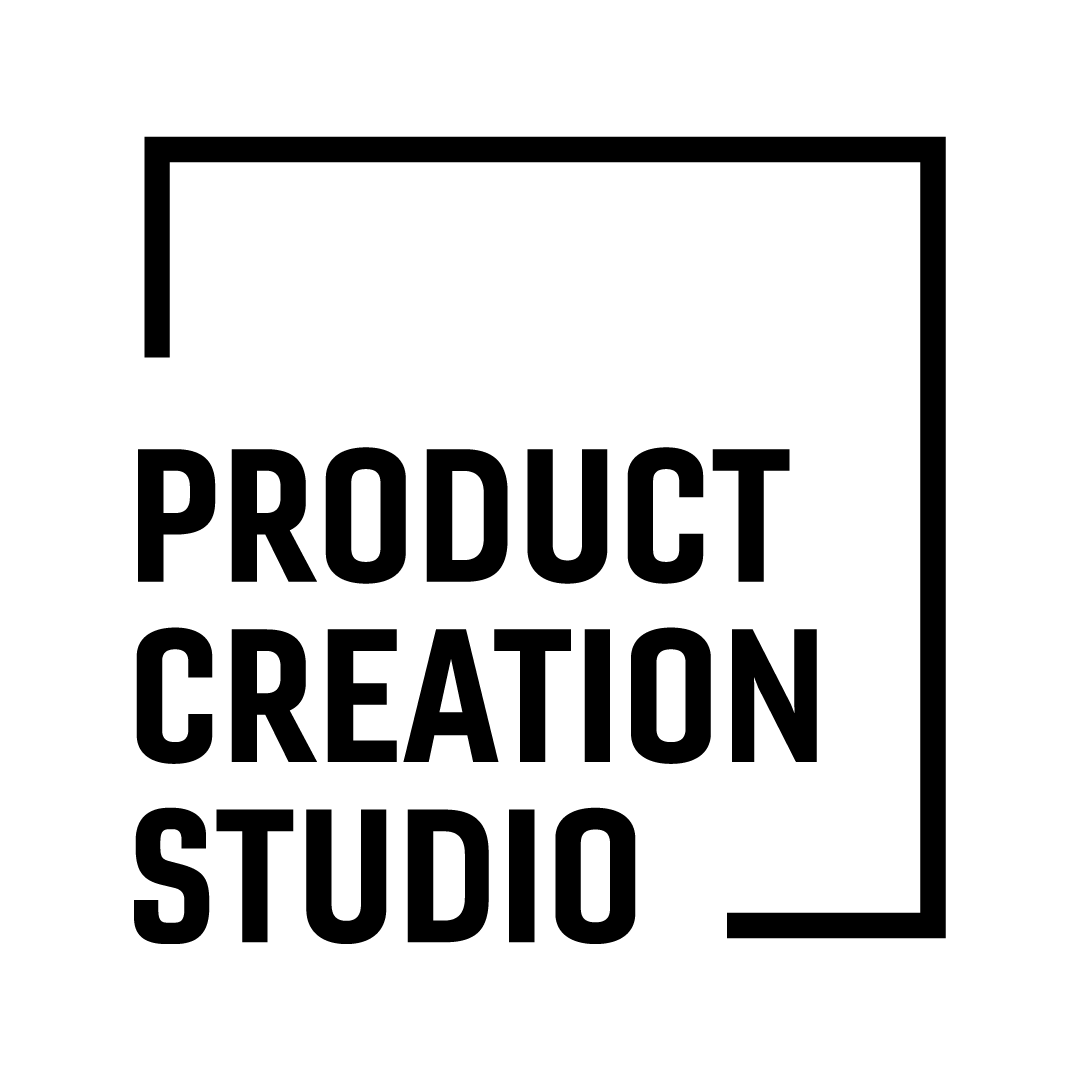L’Oreal Shines as an Example of the Connected Consumer Health & Wellness Ecosystems at CES 2024
The unveiling of L'Oréal’s newest products at CES 2024 showcased the latest in beauty technology and AI-powered innovations (including Colorsonic, their new handheld hair coloring device).
Highlighting the beauty sector's pivotal role in developing new and innovative consumer technologies, Nicolas Hieronimus, L'Oréal's Chief Executive Officer, took to the stage to give the opening keynote address.
"You may wonder why we are discussing beauty at CES," Hieronimus said. "Why? Because at L'Oreal, we believe that tech can push the boundaries of what's possible, [and] help us improve the lives of consumers around the world … “
L'Oréal is a prime example of how the beauty industry is becoming a key component of the larger consumer health and wellness ecosystem by fostering self-care practices, accessibility and inclusivity, and personalized care.
In fact, these align with key trends an Ernst & Young study recently identified as shaping the consumer health and wellness industries.
Let's dive in.
Self-care Practices
As we’ve seen in the last few years, self-care is not merely a fleeting trend but essential for overall health and well-being. In fact, self-care is recognized by the World Health Organization (WHO) as simply taking care of yourself.
It also recognizes individuals as proactive participants in overseeing their health care across various domains such as health promotion, disease prevention, self-medication, and more.
And while health remains at the forefront, consumers are also beginning to seek additional benefits that relate to their outer appearance. According to a Mintel Report on consumer behavior, people who want to feel their best physically, mentally, and emotionally may also invest in beauty as a lifestyle choice.
At CES, L'Oréal's product showcase exemplified their dedication to self-care, underscoring their commitment to user-centric design and innovative technologies. We explore these products in more detail below.
Accessibility and Inclusivity
The next trend the Ernst and Young study highlighted was the rising significance consumers place on the accessibility and inclusivity of products in the health and wellness space.
Barbara Lavernos, L'Oréal’s Executive Vice President, also took to the stage at CES to stress how “the future of beauty must be fully inclusive and made more accessible through technology.”
Colorsonic’s user-friendly design and hassle-free promise (press a button, and the device does the rest) mixes colorant and developer in a perfect 1:1 ratio while expertly parting your hair and applying the color.
"What used to take about 30 minutes in my house now takes five minutes," actress and model Eva Longoria, a L'Oreal brand ambassador, said of Colorsonic at CES 2024.
Another L’Oréal innovation that debuted at the event was HAPTA by Lancôme, a hand-held make-up applicator for users with limited arm and hand mobility. It was revealed alongside L’Oréal’s 3D SHU:BROW device, an electronic home eyebrow make-up applicator that sculpts eyebrows to the user's face shape.
The Colorsonic device earned a CES 2024 Innovation Award, while HAPTA and 3D SHU:BROW took home the same honor in 2023. Colorsonic was also named one of Time Magazine’s Top 200 Innovations of the Year in 2022.
Personalized Care
The third key trend identified in the Ernst and Young report is focused on personalized care. Consumers continue to seek tools that gather personal information and draw conclusions supporting their ongoing health and wellness needs.
Under the broader umbrella of health and wellness, the call for personalized care can range from precision medicine to data-driven wearables to intelligent dental technology and beauty products.
And beauty products is where we really see L’Oreal bridge the gap between the consumer health and wellness ecosystems by tapping into innovative technologies - like AI - for personalized experiences.
To pick the perfect color for the user’s specific hair history, the Colorsonic device pairs with a digital questionnaire and recommendation service, which asks for details like hair length, existing color, and gray coverage. Once a user chooses their color and appropriate amount, the dye ships directly to their home.
Another L’Oreal launch at CES 2024 was their free Beauty Genius app which serves as an AI-supported “virtual personal advisor” to deliver beauty advice, skin diagnostics, and personalized products. It also enables consumers to try recommended products virtually.
The technology in both products empowers individuals by helping them to make informed purchasing decisions.
Evolving Landscape
The trends identified by Ernst and Young underscore the evolving landscape of the consumer health and wellness industries. Loreal, with its commitment to self-care, accessible and inclusive products, and personalized beauty care, provides an example of these trends.
But what can others learn from this study and L’Oreal’s example?
There is an opportunity for consumer health and wellness companies to build lifelong relationships with consumers. The key will be their ability to engage and adapt as consumer needs and demands evolve over time.
The companies who can gain trust and deliver value have a chance to lead the pack.

